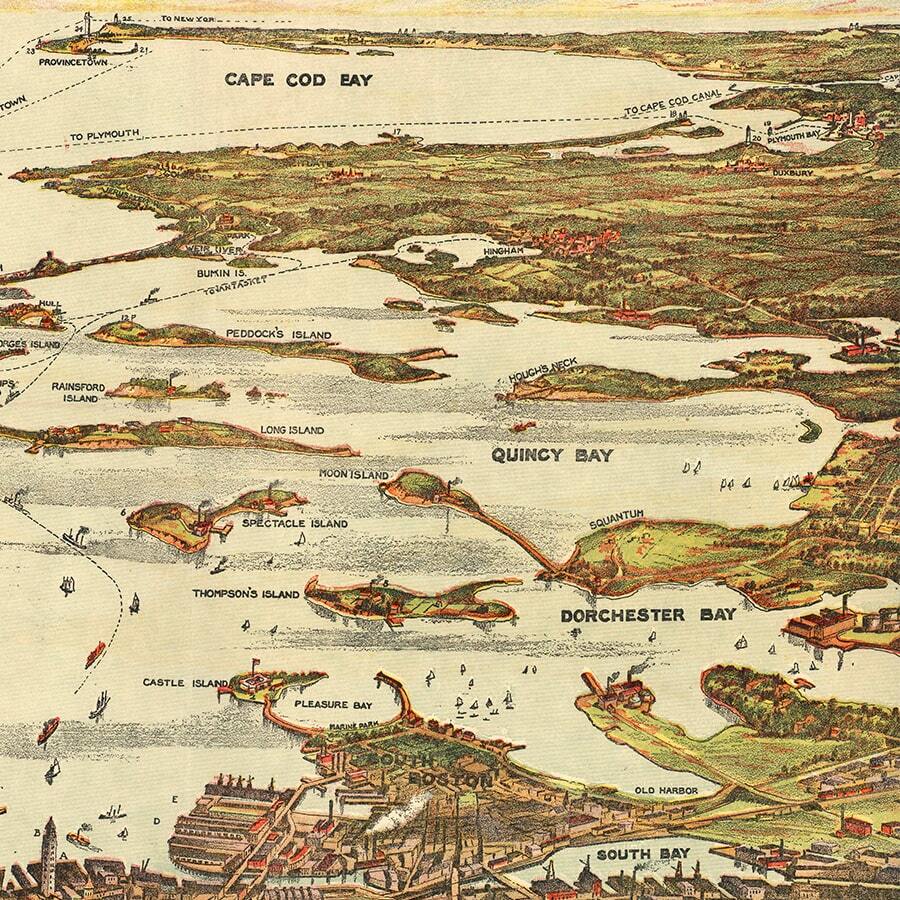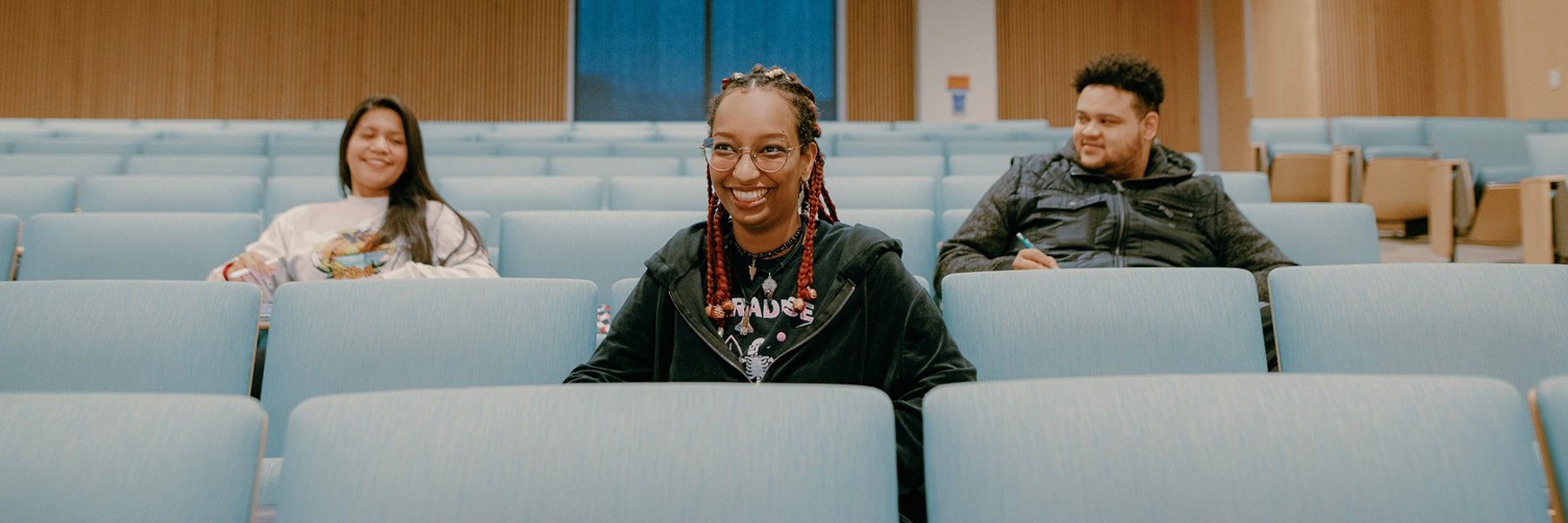Plan Your Education
How to Apply
Please contact Graduate Program Director Olivia Weisser for application information and requirements.
Deadline & Cost
Deadlines: April 1 for fall
Application Fee: The nonrefundable application fee is $75. UMass Boston alumni and current students that plan to complete degree requirements prior to graduate enrollment can submit the application without paying the application fee.
Estimate Your Program Cost: Get a feel for your expected program costs using the Graduate Program Cost Calculator.
Program Cost Information: For more detailed information on costs, please visit the Bursar's website.
Curriculum
Required Courses (6 Credits)
- HIST 600 - Research and Methods 3 Credit(s)
- HIST 605 - Introduction to Historiography 3 Credit(s)
Electives (9 Credits)
Complete three from below.
- HIST 602L - Historical Sequence I: American Society and Political Culture: 1600-1865 3 Credit(s)
- HIST 620 - Introduction to Public History and Popular Memory 3 Credit(s)
- HIST 625 - Interpreting History in Public Approaches to Public History Practice 3 Credit(s)
- HIST 626 - Introduction to Archives and Information Management 3 Credit(s)
- HIST 627 - Archival Methods and Practices 3 Credit(s)
- HIST 630 - Transforming Archives and History in the Digital Era 3 Credit(s)
- HIST 636 - Weimar Germany 3 Credit(s)
- HIST 638 - World War I 3 Credit(s)
- HIST 639 - World War II 3 Credit(s)
- HIST 641 - Socialism: The International History of a Revolutionary Idea 3 Credit(s)
- HIST 642 - Fascism 3 Credit(s)
- HIST 644 - Topics on the History of the American Revolution 3 Credit(s)
- HIST 664 - Boston History 3 Credit(s)
- HIST 667 - The Progressive Era 3 Credit(s)
- HIST 668 - Age of FDR: Depression, War, and the Birth of Modern America 3 Credit(s)
- HIST 670 - Cold War America, 1945-1989 3 Credit(s)
- HIST 681 - Topics in European History 3 Credit(s)
- HIST 682 - Topics in American History 3 Credit(s)
- HIST 685 - Topics in Atlantic History 3 Credit(s)
- HIST 687 - Genealogy and Family History 3 Credit(s)
For more information on curriculum, including course descriptions and degree requirements, visit the Academic Catalog.
Learning Outcomes
- Engage with international and intercultural perspectives on the study of the past.
- Express their ideas according to the norms of professional historians and demonstrate their sensitivity to audience in their writing and speaking.
- Make original arguments using primary sources, including both printed and archival materials.
- Demonstrate proficiency at analyzing historiography relevant to their research interests, identifying themes and trends.
- Know how to document their research according to prevailing professional standards, including use of the current edition of The Chicago Manual of Style for all citations.
Graduation Criteria
Program Requirements
Complete 15 credits from five courses including two required courses and three electives.
Statute of limitations: Five years
Contact
Graduate Program Director Olivia Weisser
Olivia.Weisser [at] umb.edu
(617) 287-6860

History Department
The History Department equips students for success by exploring how past societies grappled with complex challenges. It explores how people have structured & managed their relationships with one another; how and why those structures and relationships changed over time; and how globalization has shaped life, identity, opportunity, and justice. Studying history deepens our understanding of the human condition and of how the past continues to shape our lives today.
Explore the Department of History
College of Liberal Arts
Learn more about the faculty, research, and programs that make up our College of Liberal Arts.
Explore the College of Liberal Arts